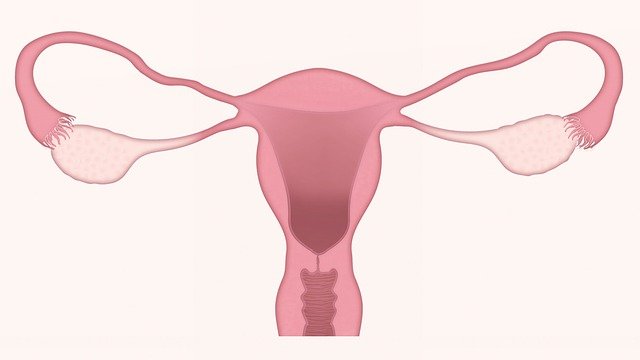| Reproductive Justice is one of the hot topics of 2022, with this as the biggest question: How could rejection of reproductive rights by the Supreme Court hurt women – particularly Black women and other marginalized groups? How Overturning Roe v. Wade May Impact U.S. Citizens The U.S. Supreme Court is set to announce its decision this summer on Dobbs v. Jackson, a case based on an extreme new law in Mississippi that directly challenges Roe v. Wade. A leaked draft of the Supreme Court’s decision indicates the court is poised to overturn the 50-year precedent of Roe v. Wade and strip women of their constitutional right to make reproductive health care decisions for themselves – including abortion. Currently abortion is still legal but if the Supreme Court overturns Roe v. Wade, it will end the constitutional right to abortion and allow states nationwide to ban abortion. If it happens, it will be the most consequential case on abortion in generations. Overview There is no path for the Supreme Court to uphold Mississippi’s ban without overturning Roe. Mississippi directly asked the Court to overturn the landmark abortion rights case. 8 in 10 Americans oppose overturning Roe v. Wade. Why? Many Americans believe a woman can never be equal to a man if she is denied the basic right to make decisions for herself or her family. In America, a solid human rights foundation is critical to sustaining our democracy. The basic human rights of women in America are threatened if the Supreme Court ultimately overturns Roe v. Wade. In the land of the free and home of the brave, the right to control and make decisions about our own bodies is fundamental to our freedom and rights as citizens in our democracy. This is the very essence of our freedom as Americans. Each of us has our own unique circumstances. Women should have the right to make both personal and private decisions they feel are best for them. It’s no secret that women, including Black women, have fought and died for the freedom to control our bodies – Slavery. Segregation. And even the Supreme Court. As a woman, I have experienced times when my body has been treated as property and moments where I was lowered to second class citizenship in both personal and professional environments. Women should be trusted with their freedom I respect birthing people and a woman’s right to abortion, even when I pray to have a child of my own. Single and married women should have the freedom to exercise their right to abortion. The Dobbs v. Jackson case is part of a coordinated series of attacks on abortion access and women’s reproductive rights by anti-choice groups. Over 500 new restrictions on abortion access have been introduced in state legislatures across the country in 2022 and considered extreme new laws to a variety of Americans, including criminalization of women and doctors, outlawing of abortion by state, the shutdown of clinics, and restricting access based on income level or defining the medical procedures available to those in need. If the Supreme Court overturns Roe v. Wade, 28 states are expected to move quickly to ban abortion. 13 states have “trigger bans” already in place, which would ban abortion automatically. 56% of Black people in America live in the south and many of the new laws rolling back abortion rights disproportionately impact Black women. Just the Facts The United States has the second-highest maternal death rate among developed countries, and Black women are 3 to 4 times more likely to experience a pregnancy-related death than white women. Forcing women to carry unwanted pregnancies can have deadly consequences, particularly for Black women. There is an unmistakable overlap in the states where these new laws are being introduced and passed. Black women are facing the reality of having their reproductive rights stolen at a time when their right to vote, equal opportunities in education and employment, and equal pay to white counterparts are being chipped away and undermined at the local, state, and federal levels. Access to the full spectrum of reproductive and sexual health care, including abortion is critical to the black community and overall birthing people. Not only should these groups be able to decide whether or not to continue a pregnancy, but they should also have access to the care and resources required for health, wellness, and safety. All birthing people, regardless of income or location, should be able to access the pregnancy care they choose, free from coercion or shame in their community. What can you do to help? Leverage collective power to organize, mobilize ,and vote in upcoming Federal, State, and Local elections. The majority (80%) of Black people believe abortion should remain legal and women should be able to get safe abortions. In a recent national poll of Black women voters, 85% of Black women say that making sure women do not lose the freedom to make their own reproductive health care decisions is a top concern. 64% of Black women who self-identify as religious (attend religious service at least once a week, believe that abortion should be legal in all or most cases. Three-quarters (76%) of Black people agree that health insurance should cover abortion care. 91% of Black people say that a woman’s ability to control whether or when she has children is an important part of financial stability for herself and her family. 74% of Black voters believe abortion is an important voting issue. 79% of Black voters oppose their state passing new laws that severely restrict abortion. Almost 7 in 10 Black voters (69%) would not vote for a candidate that would overturn Roe. Here is How Overturning Roe V. Wade could impact the midterms. |


